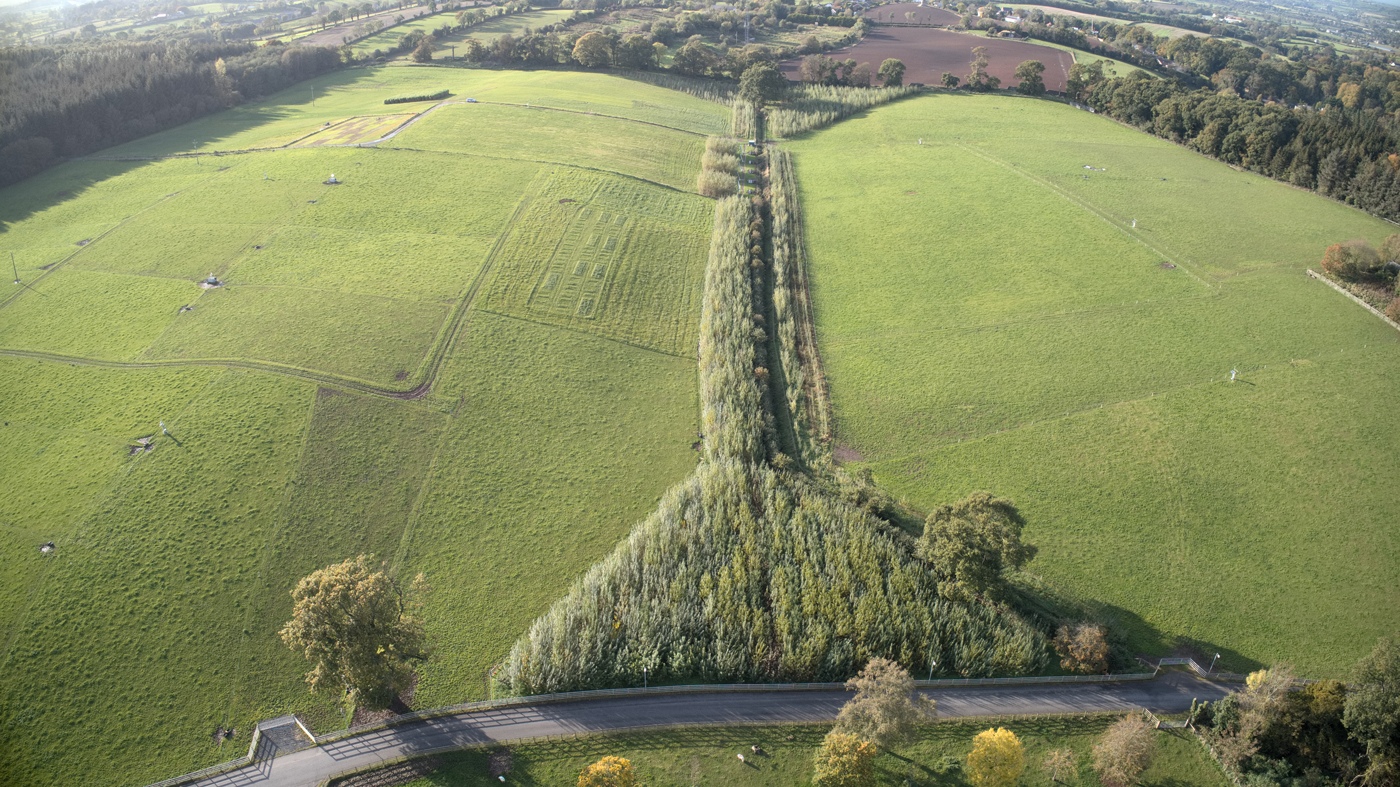Farming
Despite significant investment in mitigation measures, improvements in water quality in line with the expectation of the Water Framework Directive (WFD) (2000/60/EC) have not been realised in many catchments across the island of Ireland. Phosphorus (P) loss from agriculture, via both point and diffuse pathways, remains one of the biggest contributors to the chemical and ecological decline of freshwater quality. Fertiliser and slurry applications are essential for productive agricultural land. However, over-application of fertiliser and slurry, along with inappropriate nutrient management practices, can result in many of these nutrients being washed into streams, rivers or lakes, causing serious pollution to aquatic ecosystems. This can also be detrimental to the wellbeing of wildlife which live in or around the water.
The nutrient management component of the CatchmentCARE project assessed on-farm nutrient management practices, with the aim of improving P use efficiency and reducing P loss to waterways. This was achieved through working with 17 farmers within the Blackwater catchment to implement changes to their current nutrient management practices in order to lower the overall P balance of their farms and minimise environmental impact.
Soil nutrient status was obtained by collecting soil samples from over 400 fields and analysed for the main plant nutrients phosphorus (P), potassium (K), magnesium (Mg) and sulphur (S), along with soil pH. Regular soil analysis will improve overall nutrient use efficiency, save money on unnecessary fertiliser, reduce the loss of excess nutrients to the environment and eliminate nutrient deficiencies.
 64% of fields sampled were below optimum soil pH for grassland management. Grass yields can be reduced by as much as 2 t dry matter per hectare if nutrients or soil pH are below optimum.
64% of fields sampled were below optimum soil pH for grassland management. Grass yields can be reduced by as much as 2 t dry matter per hectare if nutrients or soil pH are below optimum.
For more information on this aspect of the project’s work please click below –
AFBI - Short Rotation Willow
Since about the 1970s, energy crops such as willow have been considered a viable option to provide some energy security in situations where native fossil fuel reserves are limited or non-existent. This is most certainly true for N. Ireland and the Republic of Ireland (The Island) but is also representative of some of the picture in Great Britain. The need for upscaling the production of these crops is arguably even more pronounced today considering the UK and Ireland requirements to reach 2020 and 2030 renewable energy targets and international commitments to achieving net zero carbon by 2050.
One part of the CatchmentCARE project undertaken by AFBI was to develop a platform and demonstrate how the implementation of Biomass Crops in an intensive livestock setting could be used for agricultural diversification and environmental protection. This has led to much engagement and knowledge dissemination largely focussed on the implementation on one of the sub catchments within the AFBI Hillsborough farmed estate.
 For more information on this aspect of the project’s work please click below –
For more information on this aspect of the project’s work please click below –

